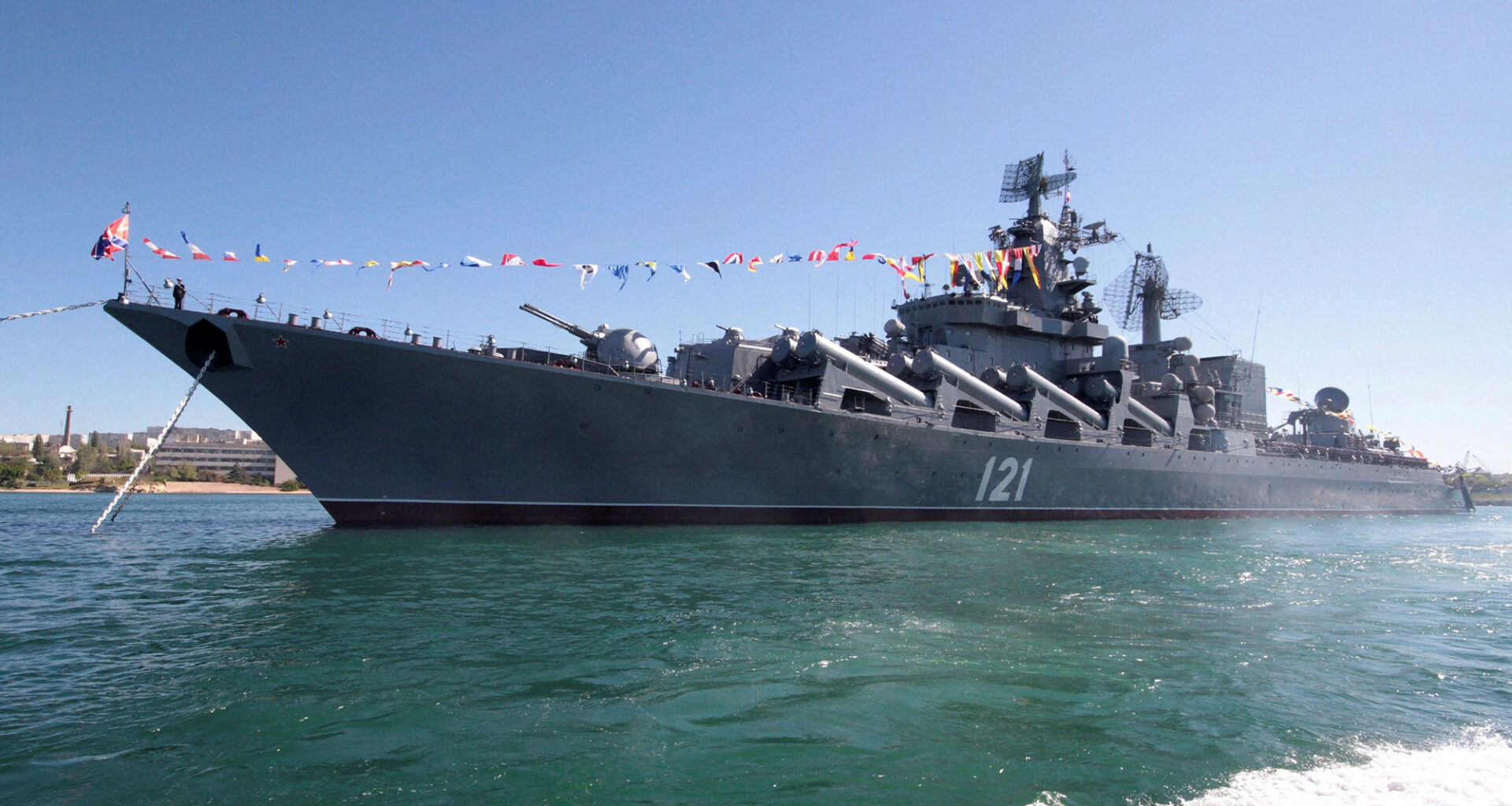A Russian warship has fired warning shots at a cargo ship sailing in the south-western Black Sea. This incident marks the first time that Russia has taken such action against merchant shipping beyond its conflict with Ukraine. The event comes in the wake of Russia’s exit from a significant UN-brokered grain deal last month.
The incident unfolded as the Palau-flagged Sukru Okan vessel was moving northwards in the Black Sea. The Russian warship, named Vasily Bykov, reportedly fired automatic shots at the cargo ship after its captain failed to respond to requests to halt for an inspection.
The tensions stem from Russia’s decision to withdraw from the Black Sea grain deal, which had previously enabled Ukraine to export agricultural products via the Black Sea. Moscow’s reasoning behind this move was its perception that all ships heading towards Ukrainian waters could potentially be carrying weapons.
Russian authorities stated that the Sukru Okan vessel was bound for the Ukrainian port of Izmail. However, shipping data showed the ship’s current location to be near Bulgaria’s coast, heading towards the Romanian port of Sulina.
The Russian defense ministry explained that warning shots were fired to forcibly halt the vessel. Subsequently, Russian military personnel boarded the ship with the assistance of a Ka-29 helicopter for an inspection. Following the inspection, the cargo ship continued its journey to the port of Izmail.
The incident has not only raised concerns among shipowners, insurers, and commodity traders but also intensified apprehensions regarding maritime activities in the Black Sea. This body of water serves as a crucial route for both Russia and Ukraine to transport their agricultural products to global markets.
Both Russia and Ukraine play significant roles in the agricultural industry, particularly in markets such as wheat, barley, maize, rapeseed, rapeseed oil, sunflower seed, sunflower oil, and fertilizers. The recent escalations have prompted a series of warnings and attacks by both sides, contributing to uncertainties in global commodity, oil, and shipping markets.
As tensions persist, Russia has indicated its intention to treat ships approaching Ukrainian ports as potential military vessels. This includes considering their flag countries as combatants on the Ukrainian side. In response, Ukraine has issued a similar threat to ships nearing Russian or Russian-held Ukrainian ports. These developments underscore the fragile nature of the situation and its potential impact on international trade and maritime activities in the region.













